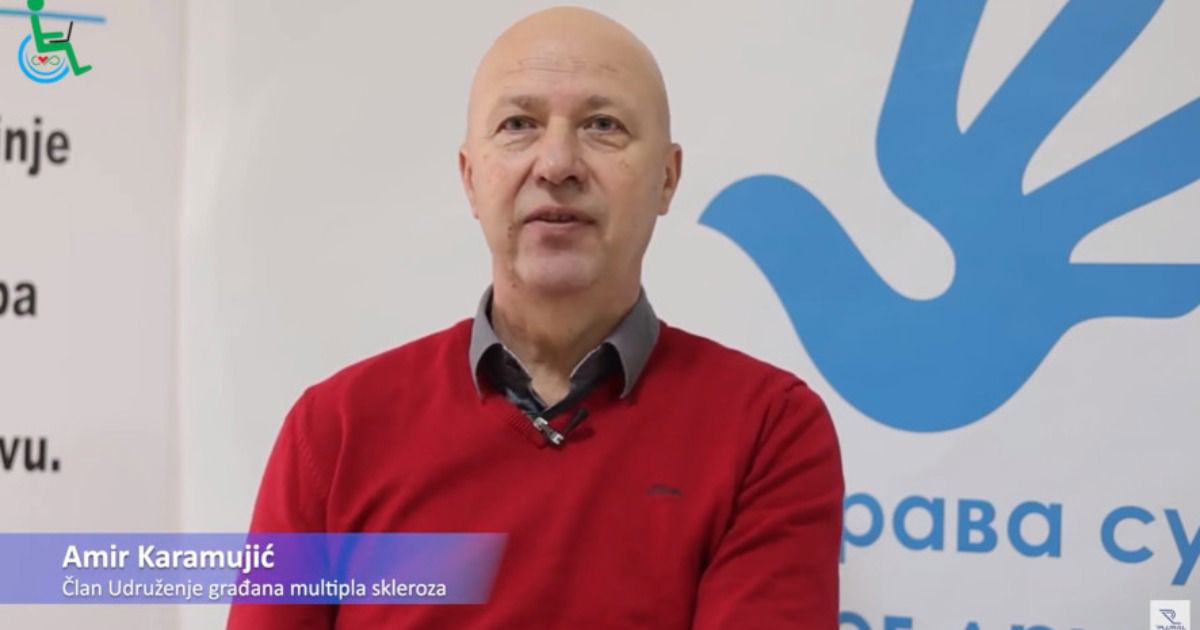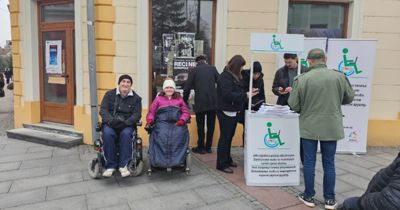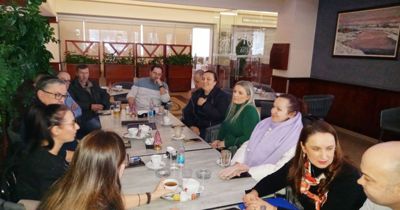
Did you know that Brčko District is the only part of Bosnia and Herzegovina that still hasn’t adopted a law regulating the rights of persons with disabilities to employment and professional rehabilitation?
This means that people with disabilities in Brčko District do not enjoy the same human rights as others with disabilities elsewhere in Bosnia and Herzegovina, the surrounding region, or the European Union.
Considering that the absence of this law further hinders access to the labor market and contributes to the discrimination of this vulnerable group, it is clear why civil society representatives are advocating for its adoption. They are calling for an increase in the employment of persons with disabilities in Brčko and for the implementation of quota-based employment.
Quota employment refers to a legal obligation for employers to hire a certain number of persons with disabilities, depending on the size of the company or institution. If the employer is unable or unwilling to fulfill this obligation, they can alternatively pay a special contribution into a fund for the support of employment of persons with disabilities, managed by the Employment Institute. This fund would be used to finance various measures, such as wage subsidies, workplace adaptations, or professional training for persons with disabilities.
Nataša Damjanović, president of the association Vjera & Nada, who along with other organizations advocates for increased employment and quota-based hiring of persons with disabilities in Brčko District, promises to persist in pushing for the adoption of this law.
“I’m in daily contact with people who, despite their knowledge and capabilities, often face barriers in finding employment. Their stories, their fight for a dignified life, and their desire to be active members of society were my greatest motivation to start this initiative. I believe we can build a more inclusive and just society where every person—regardless of ability—has the opportunity to contribute and live with dignity, not on the margins of social care. That’s why I won’t stop until the law on employment of persons with disabilities is adopted. I call on all citizens, institutions, and decision-makers to join the efforts to pass this crucial law and create a more inclusive society in Brčko District,” says Nataša.
There is a light at the end of the tunnel. In recent days, the Government of Brčko District adopted its 2025 Work Program, and Mayor Siniša Milić stated that consultations with institutions are underway so that the Law on Professional Rehabilitation and Employment of Persons with Disabilities can be sent into the government adoption process. The Mayor also emphasized a crucial fact: Brčko is the only part of the region that still lacks such a law—underscoring how urgent and necessary its adoption is. Immediately afterwards, it was announced that the draft law on professional rehabilitation and employment of persons with disabilities in the Brčko District had been included on the agenda of the 14th regular session of the Government, scheduled for April 23rd.
Amir Karamujić, who lives with multiple sclerosis and is a member of Vjera & Nada, currently employed in the Sub-department for Support to Local Communities, NGOs and Citizens’ Associations, shared what this law would mean for people with disabilities:
“There are incentives in the law for companies that employ people with disabilities. But people always forget the real benefit for the community—a life is saved,” says Amir.






